Zac Schultz:
The court battles over gay marriage have not been cheap. Lawyers for the eight same-sex couples who filed the lawsuit that eliminated Wisconsin’s constitutional ban are asking the state to pay $1.2 million in legal fees. Their request says they spent more than 500 hours on this case. A spokesperson for Wisconsin, Attorney General JB Van Hollen says their only comment will be their legal response in court. Currently, same-sex marriage is legal in 35 states with 16 of those states seeing bans overturned by federal court decisions just this fall. Of the 15 states without gay marriage, seven have lost suits or appeals pending in federal court. Joining us now to sort out the legal landscape is Howard Schweber, a political science professor at the University of Wisconsin. Professor, thanks for being here.
Howard Schweber;
Thanks for having me.
Zac Schultz:
Let's set the stage. In October the Supreme Court declined to take up the appeals from Wisconsin and other states, and they didn’t release a statement saying why. There's been a lot of speculation. What do you think?
Howard Schweber:
Well, let's set the stage even a little bit further back, which was the late summer. Justice Ginsburg gave a lecture at the University of Minnesota Law School, and she was asked whether the Supreme Court would rule on the question of same-sex marriage. And to the surprise of everyone in the audience, she said not necessarily. And she said something rather cryptic. She said, well, at the moment there is no need to, but we’ll see what the sixth circuit does. Well, it turns out that she was a little bit prescient because the sixth circuit has bucked the trend. Not long after October when the seventh circuit, the circuit that includes Wisconsin, ruled that same-sex marriage is a constitutionally guaranteed right, the sixth circuit ruled it's not, and upheld bans on same-sex marriage in Michigan and several states. Now we have what's called a split in the circuits. And so now the Supreme Court may be primed to take up the case. Whereas the best guess is that back in October they were kind of hoping they wouldn’t have to. They were hoping all the federal circuits would reach the same conclusion, and they wouldn’t have to have their hands on the issue.
Zac Schultz:
There have been other statements since then from Justices Thomas and Scalia perhaps indicating that they maybe had wanted to but there weren't the four votes needed to take up case.
Howard Schweber:
That's possible. The usual thing would be to ask, of course, why? I'm going to go out on a limb and assume that Justices Thomas and Scalia would have liked to take up the case in the hope of getting five votes to say there is not a constitutional right to same-sex marriage. You can make all kinds of speculations about what kinds of strategies went on inside the court. There may have been a liberal block that didn’t want to give four votes because they were afraid of losing in the outcome. But that raises the question, if there really were five votes favoring what I’m imputing is Thomas’s and Scalia’s position, why didn’t four of them vote to take up the case? There's a lot of– For court watchers, this is a matter of tremendous speculation. But the best answer I've heard is that at the end of day, the court– The justices would prefer not to handle the issue at all, but now, because of what the sixth circuit has done, they may have no choice.
Zac Schultz:
It's interesting you brought up Ruth Bader Ginsburg. She made other comments in the past year about Roe v. Wade and that the court setting the law of the land, and her not necessarily thinking that was the best way for that to happen, killing momentum and giving conservatives a target towards that bill, kind of drawing some parallels to this same issue. Do you think those are relevant?
Howard Schweber:
Well, this is one of the great debates in modern legal history. Justice Ginsburg was articulating a popular theory which says if there had not been a Supreme Court case, Roe vs. Wade in 1973, there would have been a steady progress, let's say. It sort of depends what side you're on, but a steady movement toward liberalization of abortion rights in the States through the ordinary political process. Then the Supreme Court makes the decision in Roe v. Wade in 73, this mobilizes a backlash and the hard-edged battle lines that have defined the abortion battle ever since are drawn, all because the Supreme Court was impatient and jumped in. It's actually a very contentious theory. A lot of people who study America law and recent American legal history argue that it’s not true. Ginsburg clearly believes it is true. But there are others who have observed the course of that history and have reached the opposite conclusion, that if the Supreme Court had not acted, in fact, abortion rights would be more restricted than they are today. Flash forward to 2014 and the question is, what is the calculated effect of the Supreme Court taking up same-sex marriage as an issue? If the Supreme Court were to rule that the Constitution guarantees a right to same-sex marriage, will that galvanize the anti-same-sex marriage forces and set back the cause of gay rights? Or provide a threshold? You know, in the way that we think of the way that we think of the great civil rights-related cases as doing, a base on which people can build to try and seek more progress. So it's very possible. It's even likely that Ginsburg, in particular, is thinking about that strategic consideration.
Zac Schultz:
Some of the federal judges that are ruling in some of these bans are quoting from Scalia’s dissent, not only from the DOMA case, but also from Lawrence v. Texas, the sodomy case. Are they kind of thumbing their nose at him or is that mocking him? Or is that a legitimate way to write a federal appeals court, is by quoting from the dissent?
Howard Schweber:
Well, it's not an either or. It’s perfectly legitimate. One is always free to quote the dissent, although not to attempt to ignore a holding of the court, which is not an issue here because the Windsor case involved a federal law, not this questions of a constitutional right. But let's be honest, they’re having much more fun than should be allowed using Scalia’s words and throwing them back at him. Scalia was presenting this kind of slippery slope, parade of horribles, arguing, oh, my gosh, if you were to strike down this federal law you'd have to acknowledge the constitutional right to same-sex marriage. And a lot of justices, particularly Richard Posner in the seventh circuit, have had fun taking that language and saying, why Justice Scalia, you’re absolutely right. We would have to conclude that, and we do.
Zac Schultz:
So it's in January when the Supreme Court will next have the chance to take a vote to see if they want to take the case, especially for the sixth court disagreeing with the rest of them. Do you think it’s likely? What do we expect to see then?
Howard Schweber:
The sixth circuit has broken the path of the others. There's also the fifth circuit in which a federal judge ruled to uphold the same-sex marriage ban in Texas, and that one is on appeal. I think this time the Supreme Court will take the case. I think Ginsburg showed her hand pretty clearly, even if back then most of us didn't entirely understand what she was talking about. She knew exactly what she was talking about. Now that we have circuits pointing in different directions, which creates really an unsustainable situation. Think, for example, of the issue of whether a state has– does not allow same-sex marriage has to recognize a same-sex marriage performed in a state that does, which is the case in Missouri right now, for example. It really– You know, these kinds of questions do need to be consistent at some level. So I think that in January the Supreme Court will take the case this time and we'll get a ruling by the end of the year.
Zac Schultz:
Do you expect a similar balance, with Kennedy writing the decision 5-4?
Howard Schweber:
It's honestly hard to see how it comes out in any other way. Kennedy has come down very strongly on this issue in favor of same– rights for homosexual and same-sex equal treatment in a series of cases, notably Lawrence and Windsor. So yes. It's kind of a boring prediction because it's everyone's prediction, but I have to say I'm predicting a 5-4 outcome.
Zac Schultz:
And quickly in our last few seconds, where will this case stand in the history of the Supreme Court? Some cases are known by name, Roe vs. Wade, Brown v. Board of Education. Will this be one of those named cases that everyone will know two decades, three decades from now?
Howard Schweber:
Oh, I think there's no question about it. The court is being forced to consider, one way or another, a really dramatic constitutional question of a kind that doesn’t come up very often. And even more than something like the education of children in Brown, or any of the other issues that have come up, who can marry whom is such a deeply seeded traditional state determination and such a deeply religious issue for many people that there's no way this case can anything but a lightning rod. I think it will be a named case and one of the really towering cases. Let us be fair, it is also the case, I imagine that, particularly if the Republicans continue to control congress, how judicial nominees stand on this case will be an issue that will be asked about for years going forward.
Zac Schultz:
And that's something we'll have you back for. Thank you very much for your time today.
Howard Schweber:
Thanks for having me.
Search Episodes
News Stories from PBS Wisconsin

Donate to sign up. Activate and sign in to Passport. It's that easy to help PBS Wisconsin serve your community through media that educates, inspires, and entertains.
Make your membership gift today
Only for new users: Activate Passport using your code or email address
Already a member?
Look up my account
Need some help? Go to FAQ or visit PBS Passport Help
Need help accessing PBS Wisconsin anywhere?

Online Access | Platform & Device Access | Cable or Satellite Access | Over-The-Air Access
Visit Access Guide
Need help accessing PBS Wisconsin anywhere?

Visit Our
Live TV Access Guide
Online AccessPlatform & Device Access
Cable or Satellite Access
Over-The-Air Access
Visit Access Guide
 Passport
Passport



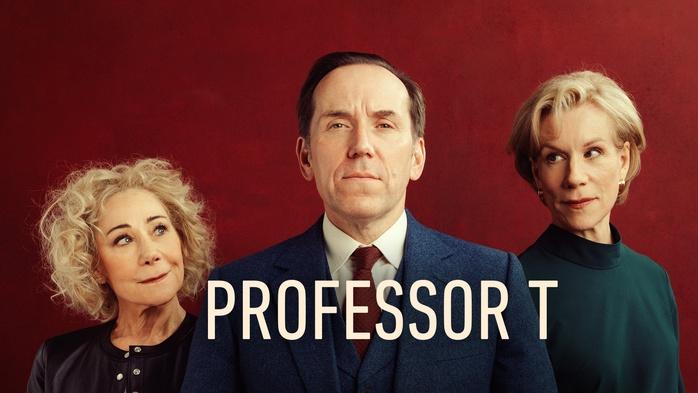

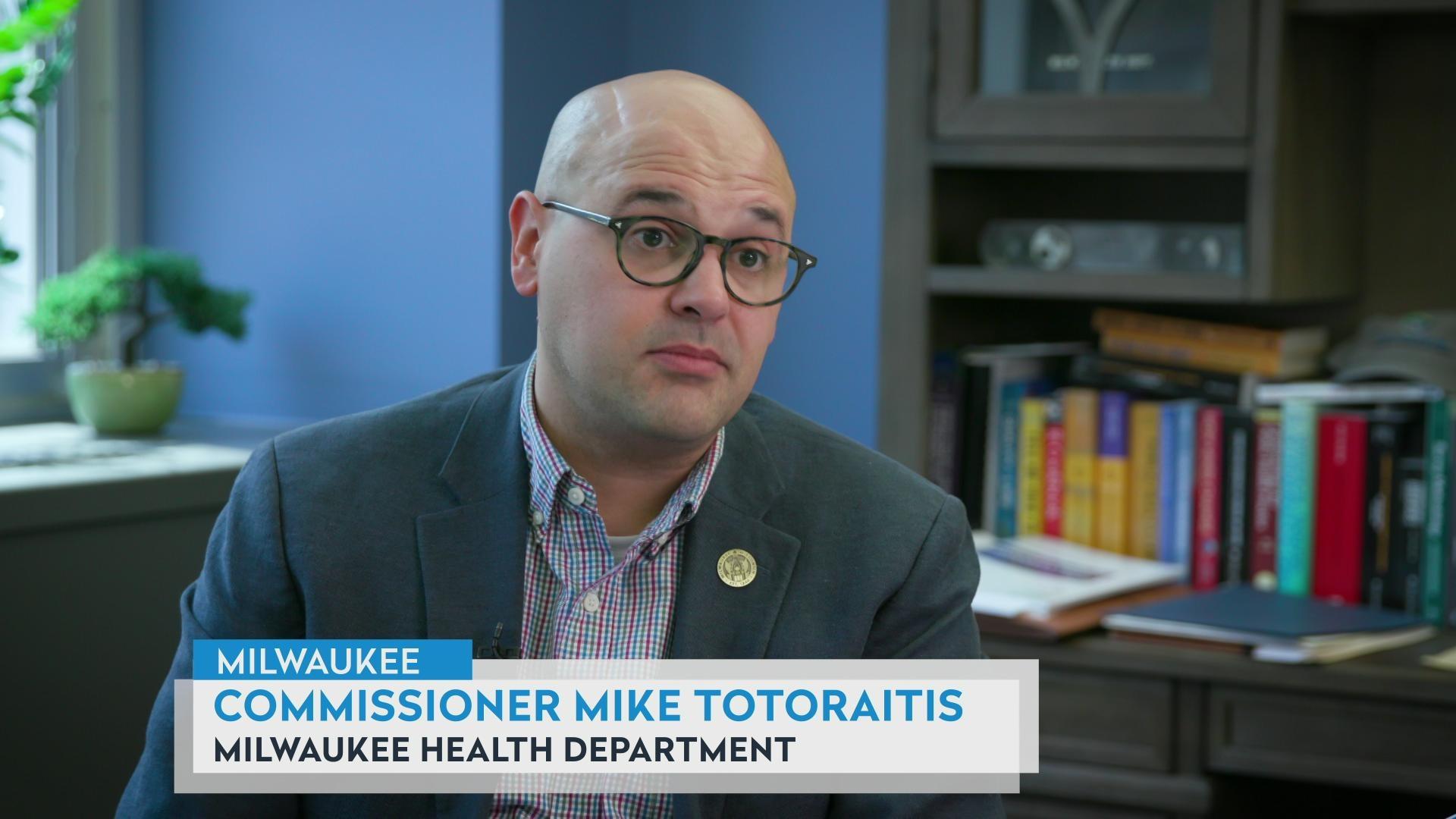
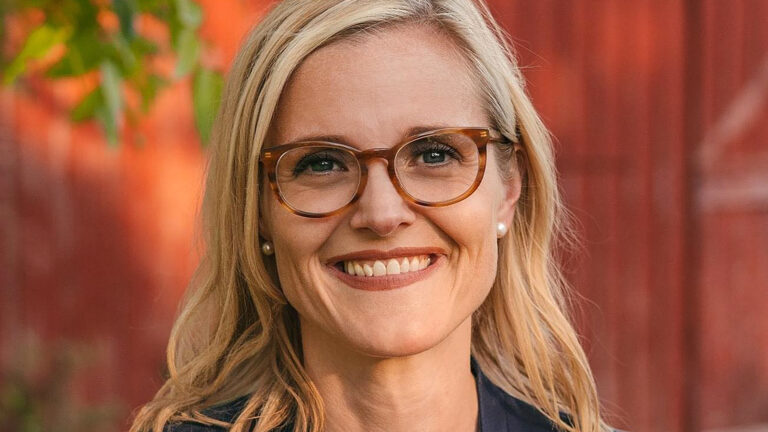
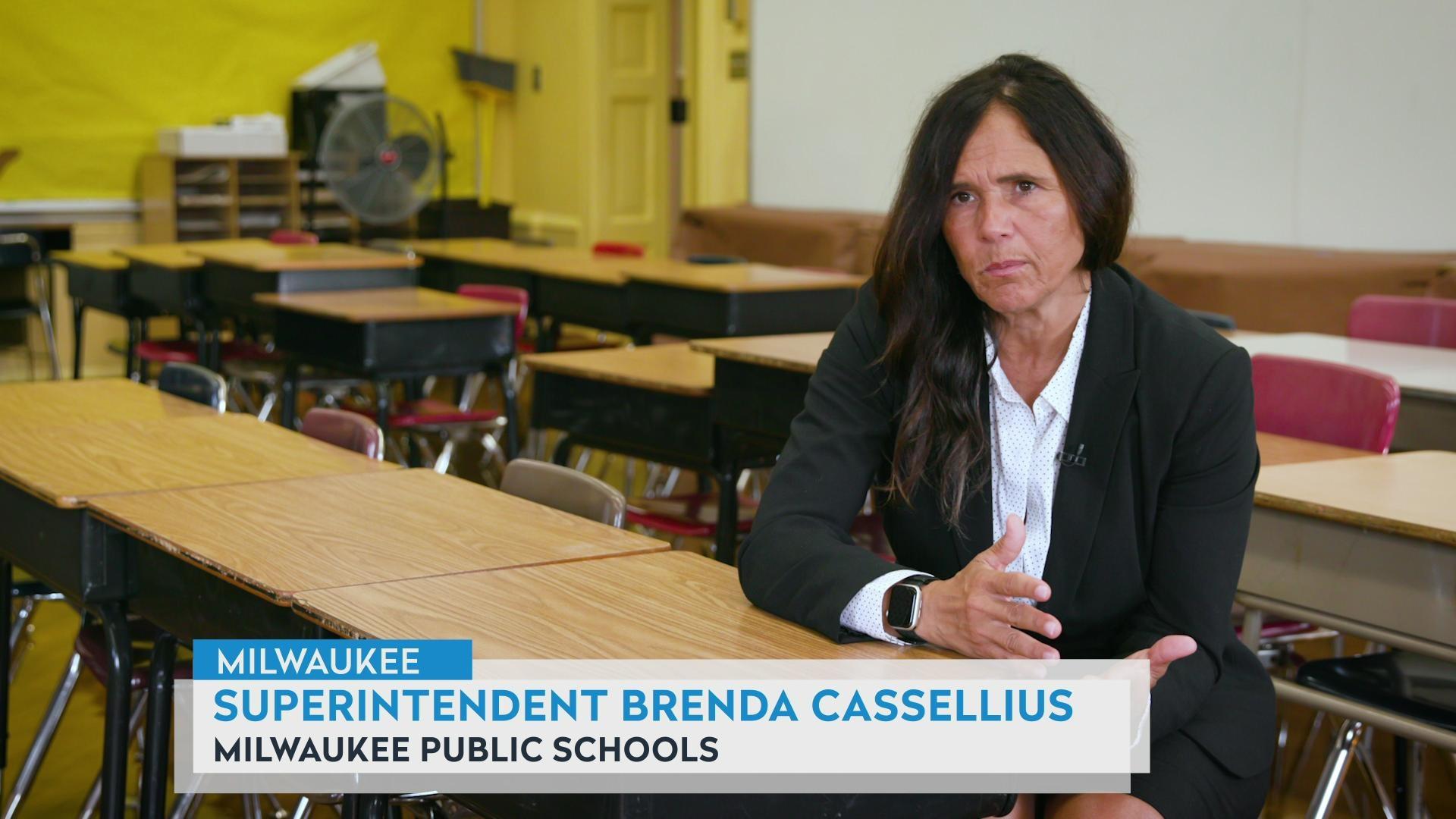


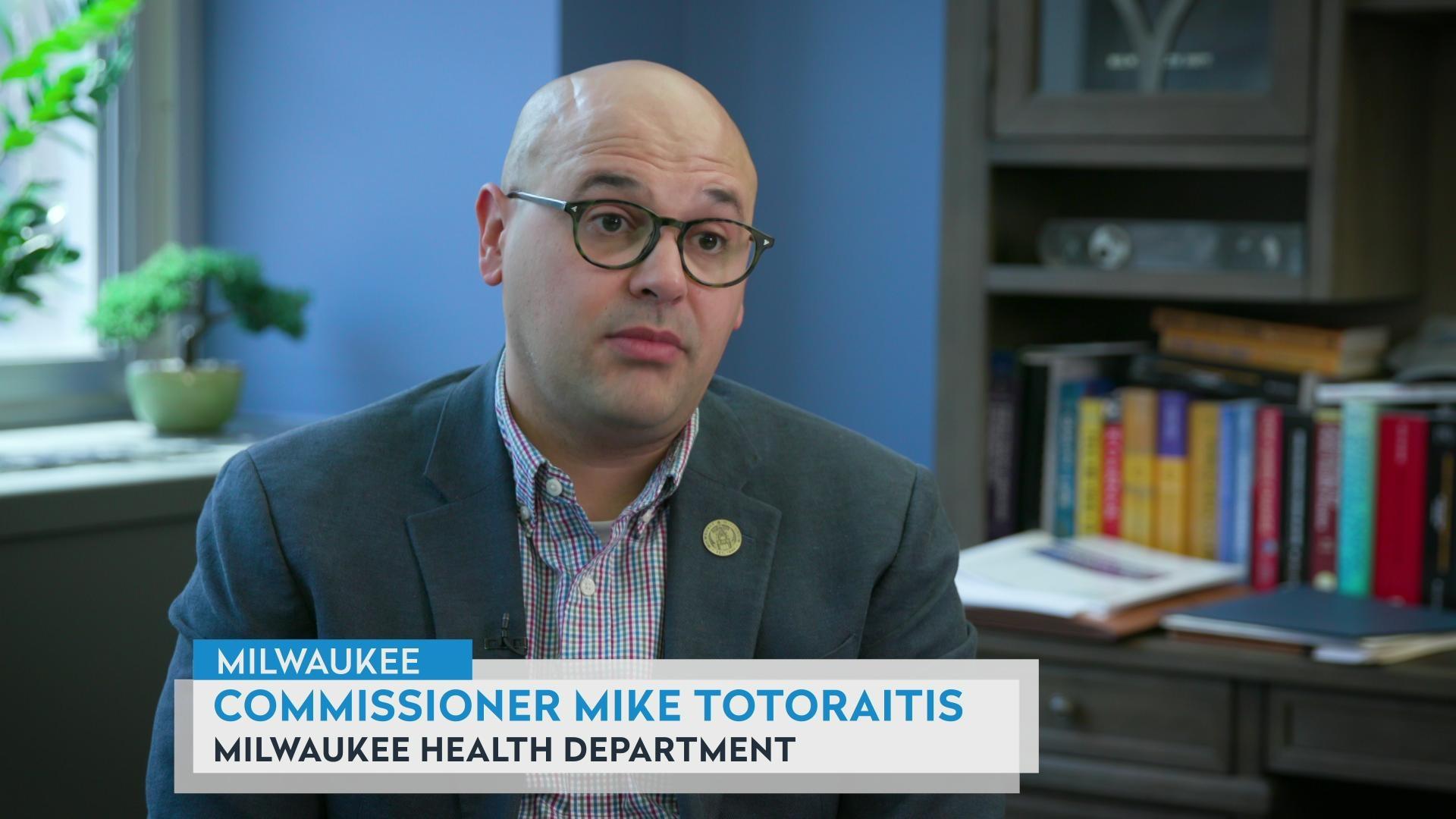
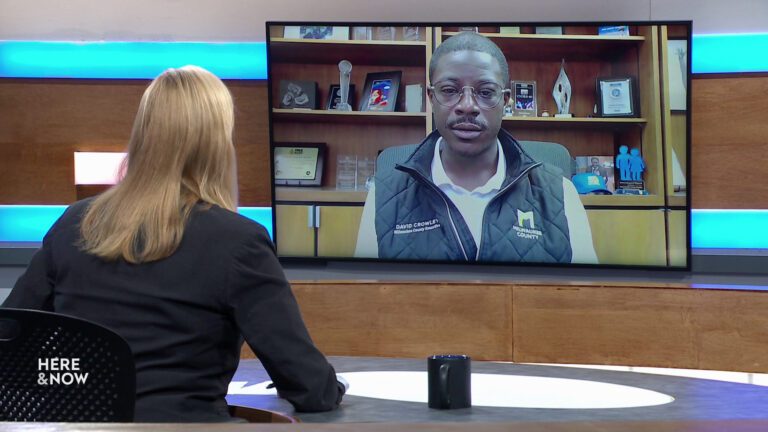

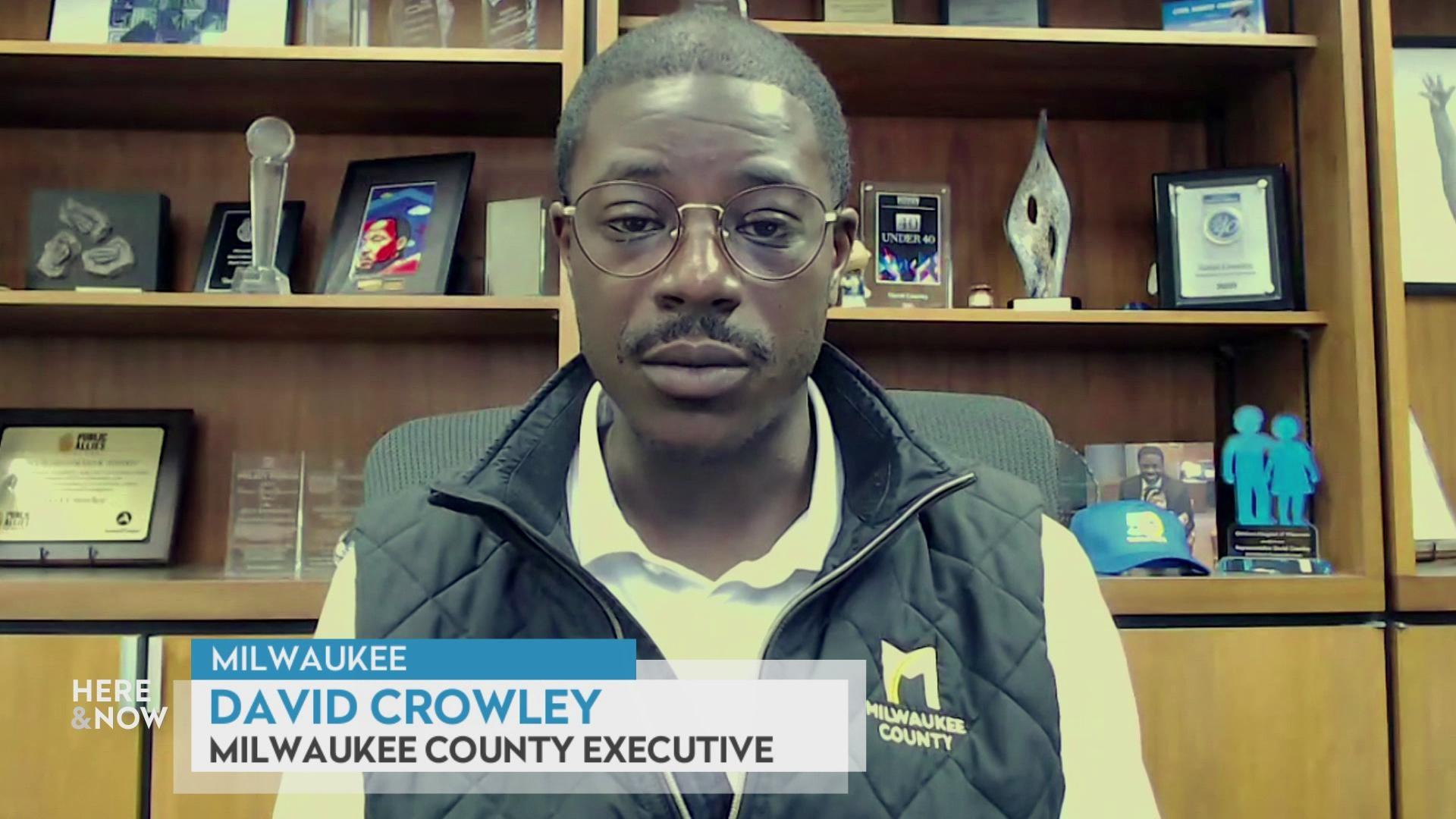
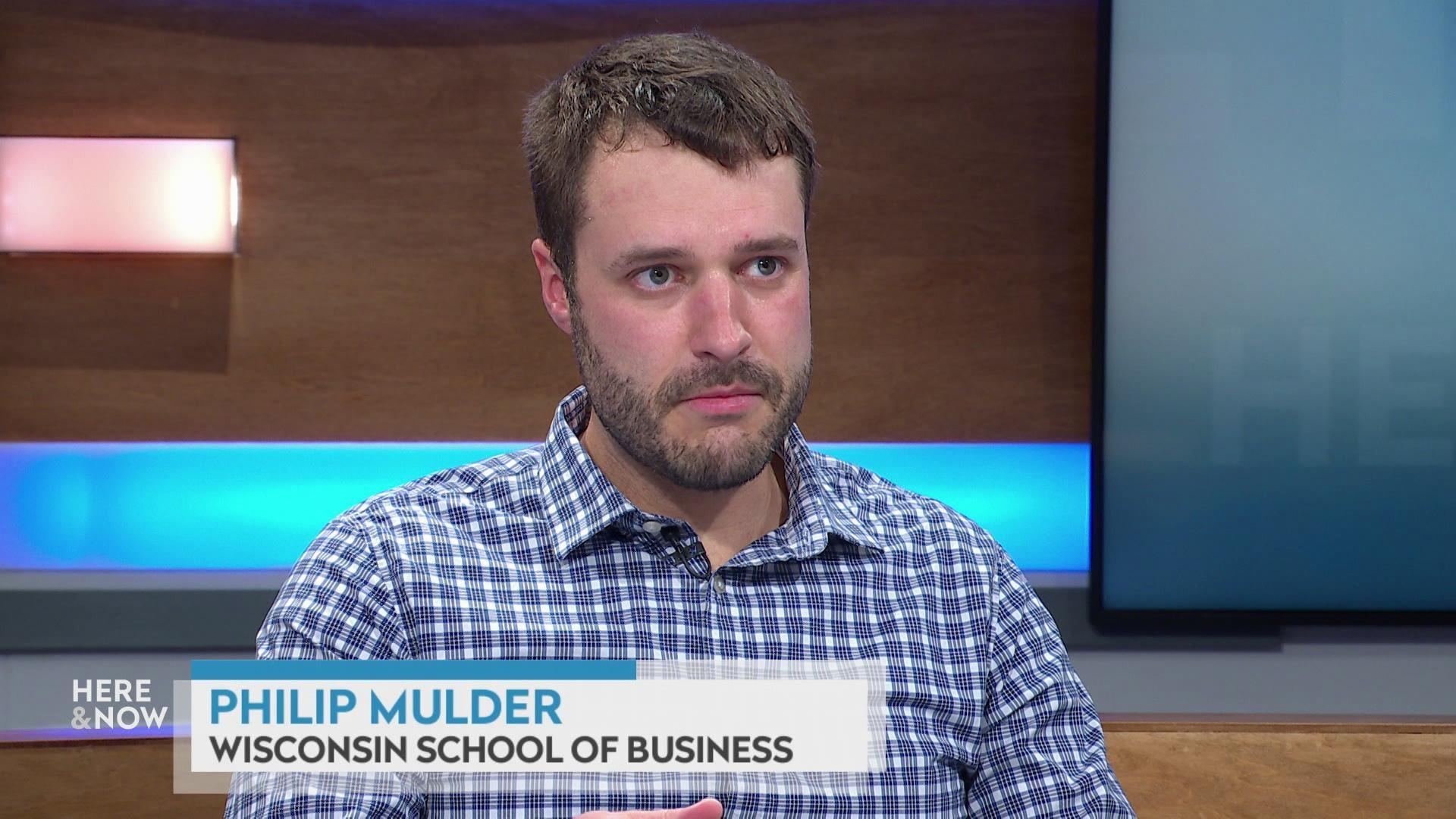

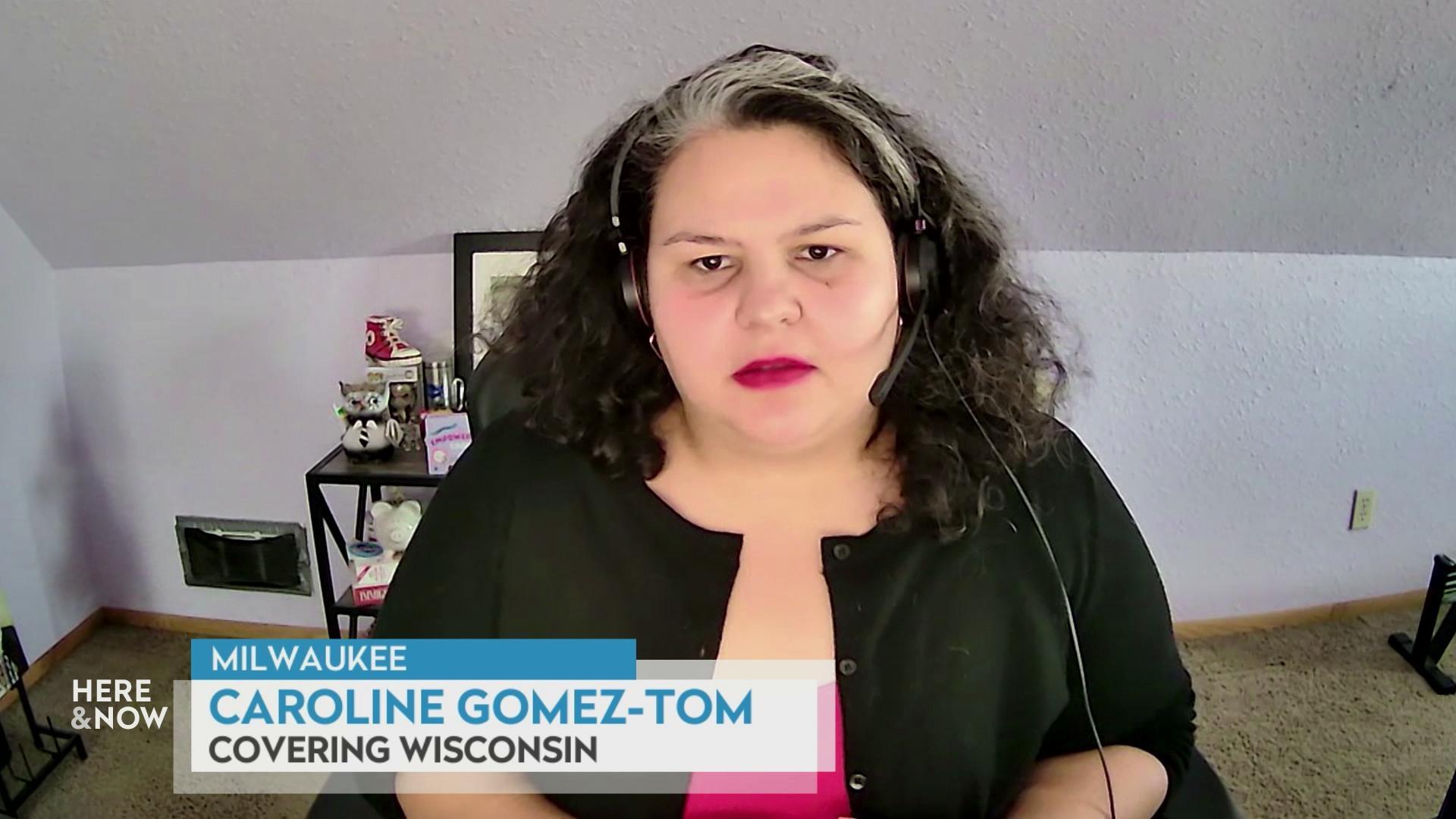

Follow Us